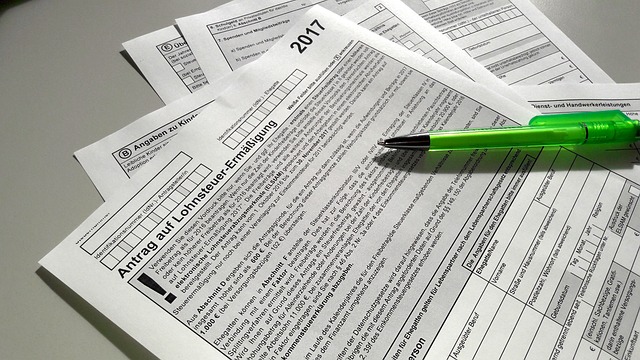In South Africa, effective self-employment tax planning hinges on meticulous record-keeping mandated by the South African Revenue Service (SARS). Sole proprietors must thoroughly document financial transactions, including invoices, receipts, and banking statements, to ensure compliance, avoid penalties, and facilitate informed business decisions. This stringent approach is crucial for navigating complex tax laws and ensuring the sustainability of self-employed businesses in South Africa.
In South Africa, sole proprietors are legally bound to maintain meticulous records for tax compliance and business sustainability. This article guides you through essential record-keeping best practices tailored for South African self-employed individuals, focusing on optimal Self-Employment Tax Planning. We explore legal obligations, relevant laws, and the pivotal role of the South African Revenue Service (SARS). By implementing structured filing systems, digitizing documents, and collaborating with professionals, you can ensure secure data backups, enhance efficiency, and meet tax requirements seamlessly.
- Understanding Record-Keeping Requirements for Sole Proprietors in South Africa
- – Legal obligations and tax compliance
Understanding Record-Keeping Requirements for Sole Proprietors in South Africa

In South Africa, sole proprietors are required to keep accurate records for both business and tax purposes. Understanding and adhering to these record-keeping requirements is crucial for self-employment tax planning. The South African Revenue Service (SARS) expects businesses to maintain comprehensive documentation that reflects their financial transactions and activities. This includes invoices, receipts, banking statements, and any other documents that prove the income and expenses of the business. Failure to keep proper records can result in penalties and interest charges.
For self-employed individuals, keeping detailed and organized records is essential for effective tax planning. It allows for a clear understanding of income sources, deductions, and investments, which are all critical components when filing taxes. Record-keeping also facilitates the calculation of taxes payable or refunds due, ensuring compliance with the country’s tax laws and regulations. By proactively managing their records, sole proprietors can avoid last-minute surprises and ensure they are making informed financial decisions for their businesses.
– Legal obligations and tax compliance

South African sole proprietors have legal obligations and tax compliance requirements that must be met to avoid penalties and ensure business sustainability. Effective record-keeping is a cornerstone of responsible self-employment tax planning in South Africa. This involves maintaining detailed financial records, including income and expense documentation, for both personal and business transactions. Sole proprietors are required to register for a tax number with the South African Revenue Service (SARS) and comply with annual tax returns, which necessitate accurate record-keeping practices.
Proper record-keeping enables small business owners to track their financial activities, facilitate tax calculations, and demonstrate compliance with SARS regulations. It’s important to keep these records up-to-date and easily accessible for audit purposes. Self-employment tax planning in South Africa benefits from meticulous record-keeping, ensuring that all income sources and expenses are accounted for accurately, thereby facilitating timely tax payments and potential tax refunds or savings.







